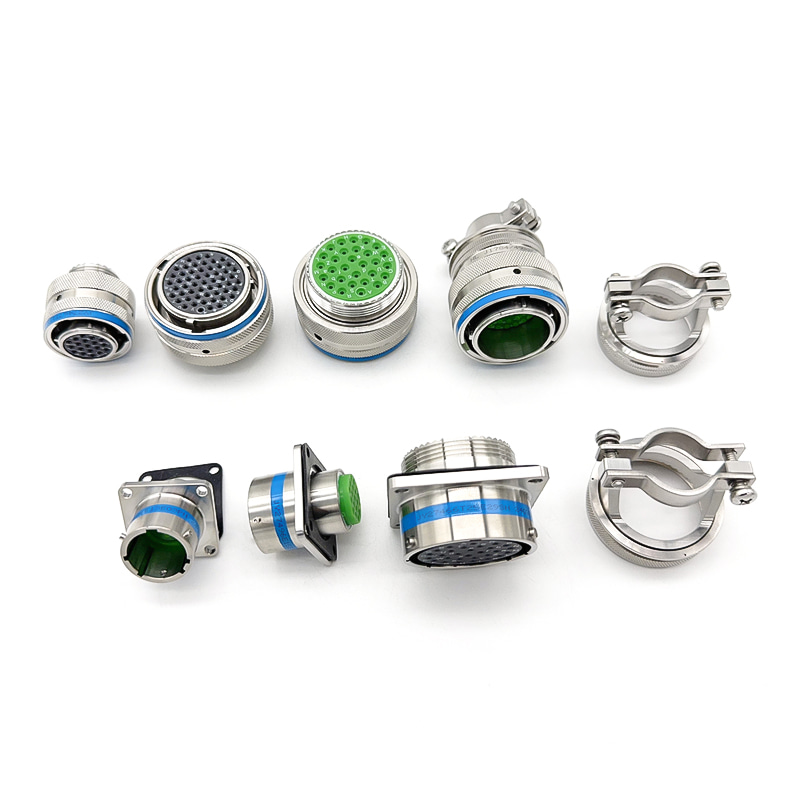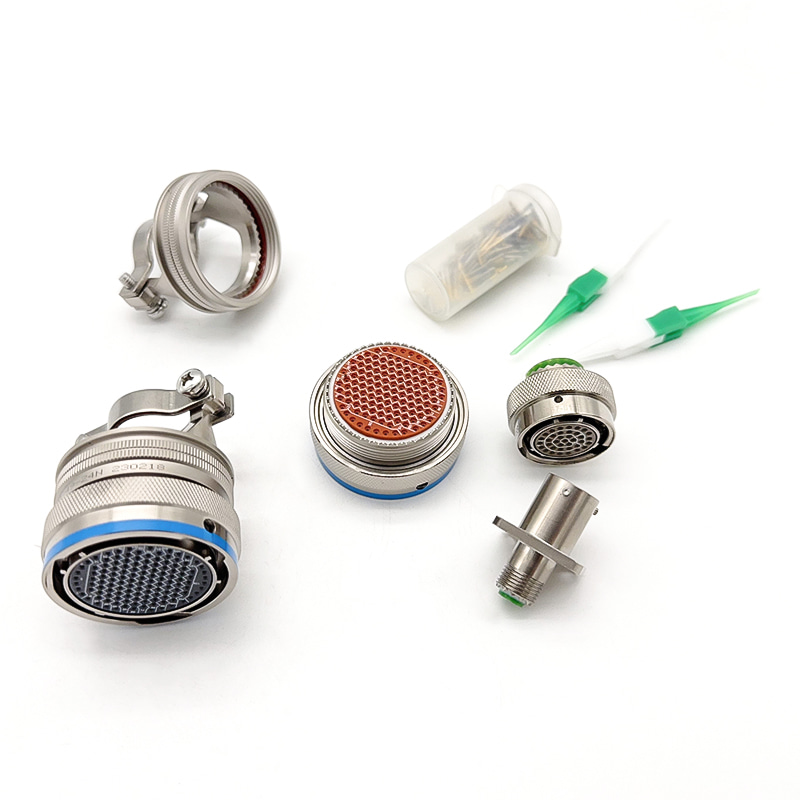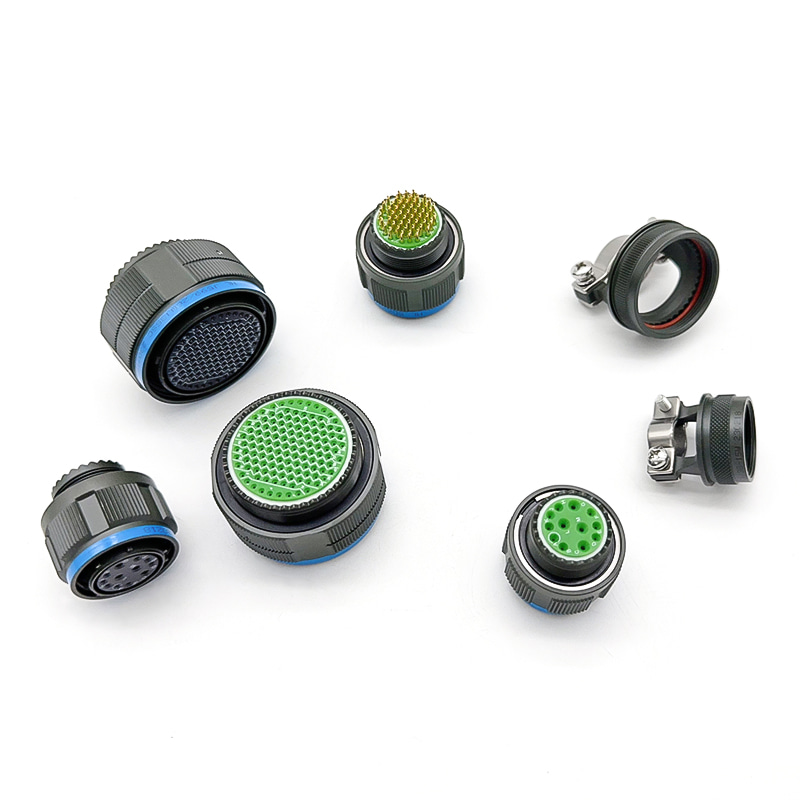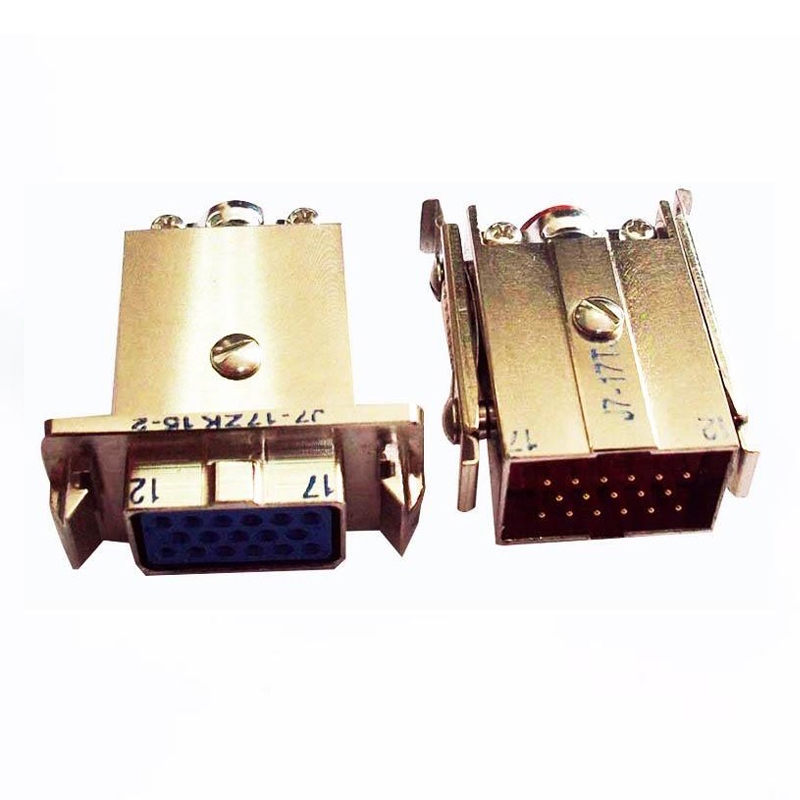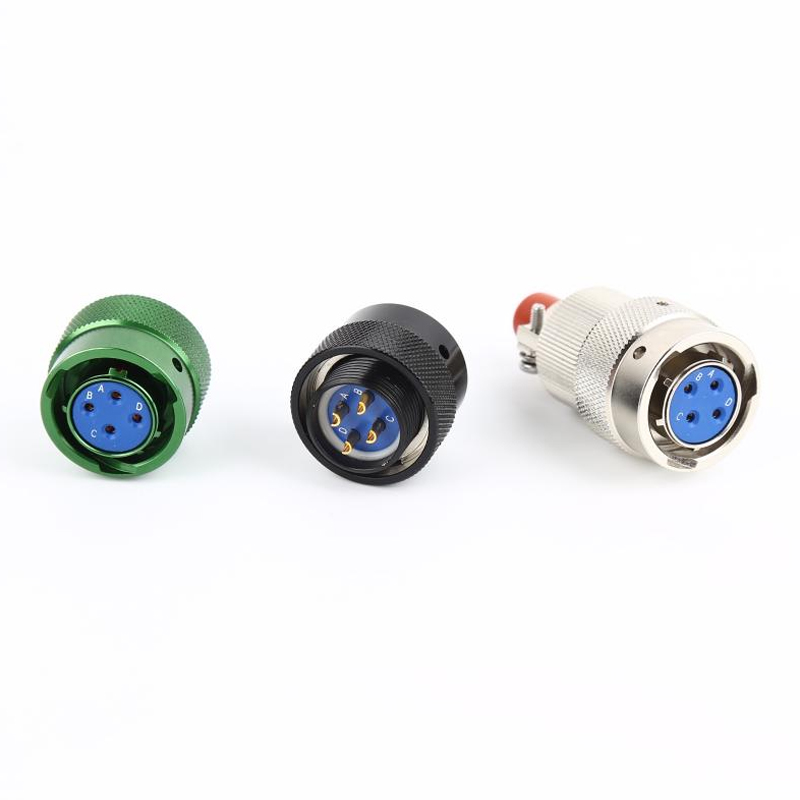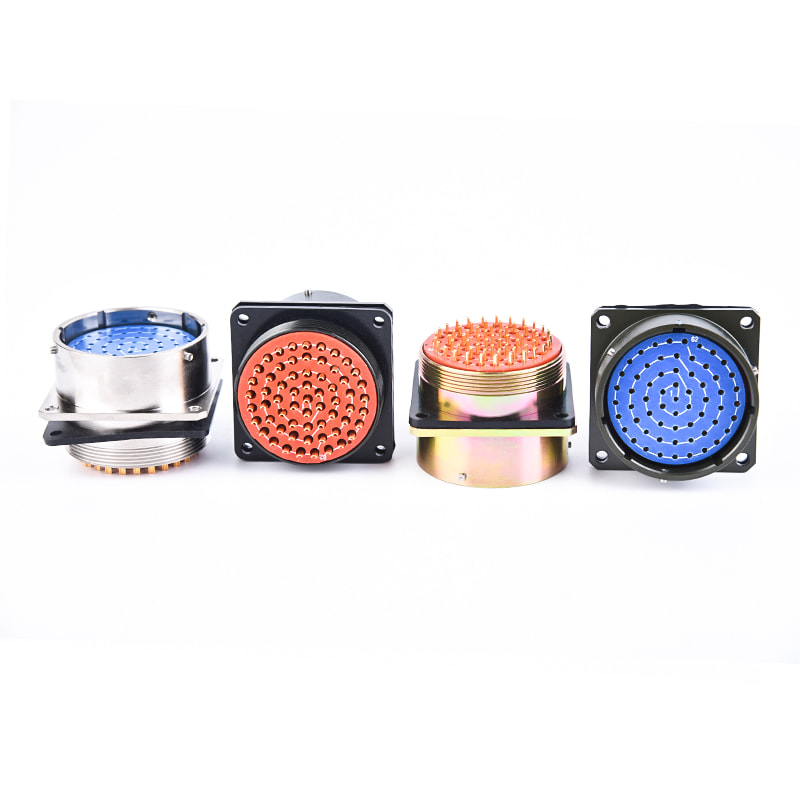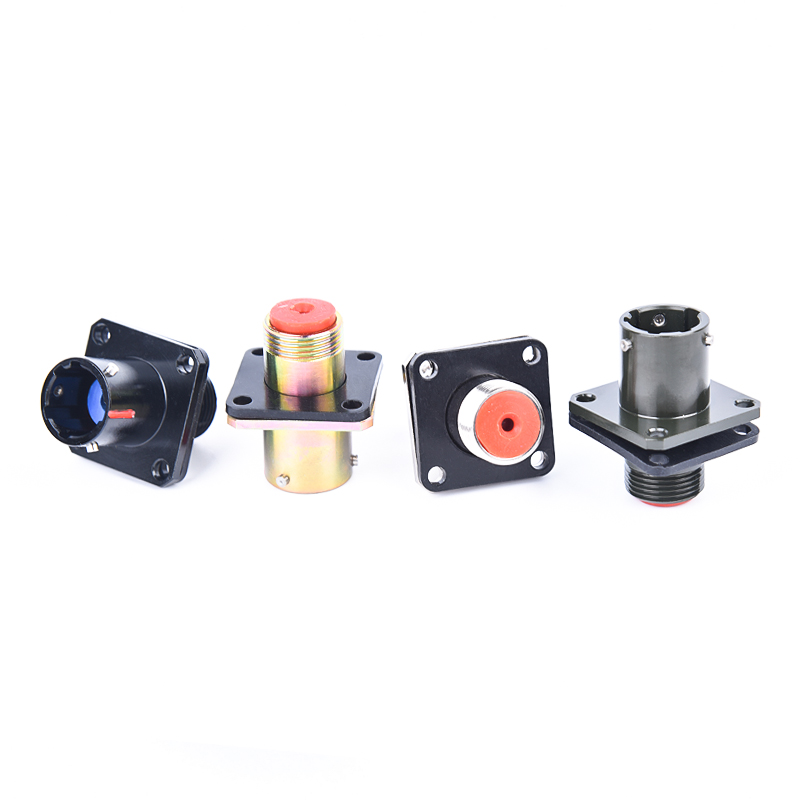- Home
- Products
- Solutions
- Quality
- Company
- Insight
- Contact
Web Menu
- Home
- Products
- Solutions
- Quality
- Company
- Insight
- Contact
Product Search
Exit Menu
Military Bayonet Connector: A Comprehensive Guide to Types, Applications, and Selection
-
All News
Product
- - Military Electrical Connectors
- - Circular Electrical Connector
- - Rectangular Electrical Connector
- - Push Pull Self-Locking Connector
- - Russian Connectors
- - Cable Connectors
- - RJ45 and USB Electrical Connectors
- - Fiber Optic Electrical Connectors
- - Anti Water And Electricity Connectors
- - Circular Power Connector
Military Bayonet Connector: A Comprehensive Guide to Types, Applications, and Selection
- 1 Understanding the Basics of Military Bayonet Connector
- 2 How to Choose the Right Bayonet Connector for Military Applications
- 3 Waterproof Military Bayonet Connector Options for Harsh Environments
- 4 High Voltage Bayonet Connector Military Specifications Explained
- 5 Bayonet Connector vs Threaded Connector Military Use Comparison
- 6 Maintenance and Inspection of Military Grade Bayonet Connectors
Understanding the Basics of Military Bayonet Connector
The military bayonet connector is a specialized electrical or RF connector designed for quick coupling and uncoupling in high-reliability environments. These connectors are widely used in defense, aerospace, and industrial applications where secure connections are critical. The name "bayonet" comes from the fast-locking mechanism similar to the bayonet mount used in firearms.
Key Features of Military Bayonet Connectors
Military bayonet connectors offer several distinctive features that make them ideal for harsh environments:
- Quick-connect/disconnect mechanism for rapid deployment
- Secure locking system that prevents accidental disconnection
- Robust construction meeting military specifications (MIL-SPEC)
- Environmental sealing against moisture, dust, and chemicals
- Superior electrical performance in demanding conditions
Historical Development of Bayonet Connectors
The evolution of military bayonet connector technology dates back to World War II when the need for reliable field connections became apparent. Early versions were simple mechanical designs that have evolved into today's sophisticated interconnect solutions with advanced materials and precision engineering.
How to Choose the Right Bayonet Connector for Military Applications
Selecting the appropriate bayonet connector for military applications requires careful consideration of multiple factors to ensure reliability and performance in mission-critical situations.
Environmental Considerations
Military connectors must withstand extreme conditions:
- Temperature ranges from -55°C to +200°C
- Exposure to salt spray, humidity, and corrosive elements
- Vibration and mechanical shock resistance
- EMI/RFI shielding requirements
Electrical Requirements
The electrical specifications are equally important when selecting connectors:
| Parameter | Standard Range | Military Grade |
|---|---|---|
| Voltage Rating | 250V AC | 500V AC |
| Current Rating | 5A | 15A |
| Contact Resistance | 10mΩ | 5mΩ |
| Insulation Resistance | 1000MΩ | 5000MΩ |
Waterproof Military Bayonet Connector Options for Harsh Environments
For applications exposed to moisture or submerged conditions, waterproof military bayonet connector variants provide essential protection while maintaining all the benefits of standard bayonet connectors.
Sealing Technologies
Modern waterproof bayonet connectors utilize several sealing methods:
- Multiple O-ring seals for redundant protection
- Gel-filled cavities to prevent water ingress
- Specialized gasket materials resistant to degradation
- IP67, IP68, or IP69K ratings for different levels of protection
Material Selection for Corrosive Environments
The choice of materials significantly impacts the connector's longevity in wet conditions:
| Component | Standard Material | Enhanced Material |
|---|---|---|
| Shell | Aluminum | Stainless Steel |
| Contacts | Brass | Phosphor Bronze |
| Seals | Nitrile Rubber | Fluorosilicone |
| Insulation | PVC | PTFE |
High Voltage Bayonet Connector Military Specifications Explained
When dealing with high voltage bayonet connector military applications, special design considerations come into play to ensure safety and reliability under extreme electrical stress.
Design Features for High Voltage Applications
High voltage bayonet connectors incorporate several critical design elements:
- Increased creepage and clearance distances
- Specialized dielectric materials with high breakdown voltage
- Corona suppression techniques
- Graded potential distribution
- Partial discharge-resistant materials
Testing and Certification Requirements
Military high voltage connectors undergo rigorous testing:
| Test | Standard Requirement | Military Requirement |
|---|---|---|
| Dielectric Withstanding Voltage | 2x rated voltage | 3x rated voltage |
| Partial Discharge | Not required | <10pC at 1.5x rated voltage |
| Impulse Voltage | Basic impulse level | Enhanced impulse level |
Bayonet Connector vs Threaded Connector Military Use Comparison
The debate between bayonet connector vs threaded connector military applications involves weighing the advantages and limitations of each design for specific use cases.
Performance Comparison
Both connector types have distinct characteristics:
| Feature | Bayonet Connector | Threaded Connector |
|---|---|---|
| Connection Speed | Fast (1/4 turn) | Slow (multiple turns) |
| Vibration Resistance | Good | Excellent |
| Environmental Sealing | Good to Excellent | Excellent |
| Mating Cycles | 500-1000 | 1000+ |
Application-Specific Recommendations
The choice between bayonet and threaded connectors depends on application requirements:
- Bayonet connectors are preferred for quick-disconnect needs in field operations
- Threaded connectors excel in permanent or semi-permanent installations
- High-vibration environments may favor threaded designs
- Frequent connection/disconnection scenarios benefit from bayonet types
Maintenance and Inspection of Military Grade Bayonet Connectors
Proper care of military grade bayonet connectors ensures long-term reliability and prevents mission-critical failures in field operations.
Routine Maintenance Procedures
A comprehensive maintenance program includes:
- Regular visual inspections for physical damage
- Contact cleaning with appropriate solvents
- Lubrication of mating surfaces with approved compounds
- Verification of locking mechanism operation
- Electrical continuity testing
Common Failure Modes and Prevention
Understanding potential failure points helps in preventive maintenance:
| Failure Mode | Symptoms | Preventive Measures |
|---|---|---|
| Contact Corrosion | Increased resistance, intermittent connection | Proper sealing, contact lubrication |
| Mechanical Wear | Loose connection, poor locking | Regular inspection, replacement of worn parts |
| Insulation Breakdown | Short circuits, leakage current | Dielectric testing, visual inspection |

- Address : Jiangping South Road, Zhangqiao Industrial Park, Taixing City, Jiangsu Province, China
- Phone : +86 176 0151 5794
- Whatsapp : +86 176 0151 5794
- Email :[email protected]
- Email :[email protected]
- Home
- Products
- Solutions
- Quality
- Company
- Insight
- Contact
Copyright © Taizhou Henglian Electric Co., Ltd China Custom Electrical Connectors Manufacturers

 English
English русский
русский Español
Español 简体中文
简体中文